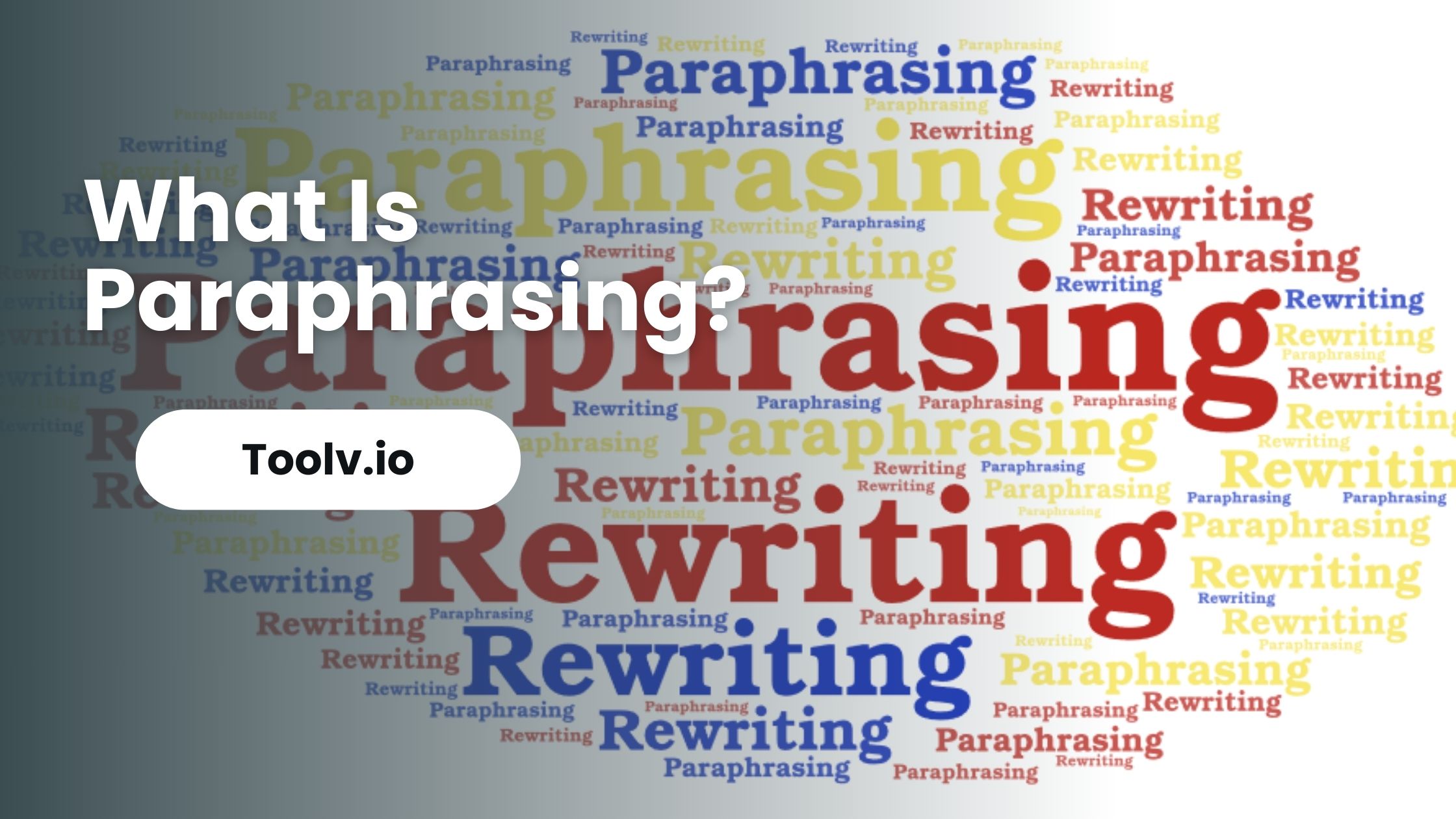How To Spell Mistake?

Have you ever stumbled upon a tricky word and wondered, “How do you spell that?” Spelling mistakes are common, but they can be frustrating to deal with, especially when writing important documents or emails.
In this article, we will discuss various strategies and resources to help you tackle spelling mistakes effectively. Whether you’re a student, a professional, or simply someone who wants to improve your spelling skills, we’ll explore tips and techniques to minimize errors and boost your confidence in spelling.
Why Spelling Mistakes Happen?
Understanding spelling mistakes is about knowing why we sometimes write words wrong. It’s common and happens to everyone. We mix up letters or forget the right spelling because there are so many rules in English.
One reason for mistakes is not knowing the correct spelling by heart. This can be because English has words from many languages. Each one can have its own spelling rules. Also, we might not practice some words enough to remember their spelling.
Another thing is, when we write fast, we can make errors. Our brain thinks of the right word, but our hands might not keep up. So, we end up making spelling mistakes. It’s okay, though. With practice, we can get better at spelling.
Common Causes of Spelling Mistakes
- Phonetic Spelling: Many people spell words how they sound, which can lead to errors, especially in languages like English where the same sound may be represented by different letters or combinations of letters
- Irregular Spellings: English and other languages have many words that don’t follow the standard phonetic rules or have unique spellings, making them easy to misspell (e.g., “Wednesday,” “receipt”).
- Lack of Familiarity with the Word: Unfamiliarity with the word often leads to incorrect spelling. This is common with technical terms, foreign loanwords, or advanced vocabulary.
- Language Learning Stage: Learners of a new language often make spelling mistakes as they may apply the phonetic rules and conventions of their native language to the new language, leading to errors.
- Dyslexia and Other Learning Differences: Dyslexia and similar learning differences can affect how individuals perceive and process letters and words, leading to spelling challenges.
Techniques to Improve Your Spelling
1. Read Regularly
Reading on a regular basis exposes you to a wide range of words and their correct spellings. It helps in internalizing spelling patterns and vocabulary naturally.
2. Practice Writing
Regular writing practice can significantly improve your spelling skills. Keep a journal, write emails, or compose short stories. The act of writing helps reinforce correct spelling in your memory.
3. Use Spelling and Grammar Checkers
Leverage technology to your advantage. Spelling and grammar checkers can identify mistakes and suggest corrections. Pay attention to the corrections to learn from them.
4. Memorize Common Rules and Exceptions
While English spelling can be irregular, there are still many rules that can guide you. Learn rules like “i before e except after c” but also memorize the exceptions to these rules.
5. Break Words into Phonemes
Breaking words into their constituent sounds can help in spelling them correctly. This phonemic awareness is especially useful for spelling unfamiliar words.
6. Use Mnemonics
Create or use mnemonic devices to remember tricky spellings. For example, remembering that the middle of “arithmetic” contains the word “rhythm” can help spell it correctly.
7. Study Word Origins
Understanding the origin (etymology) of words can be helpful, especially for words borrowed from other languages. This knowledge can explain seemingly irregular spellings.
8. Practice with Spelling Tests and Games
Use spelling tests, games, and apps designed to improve spelling. These can make the learning process engaging and enjoyable while effectively reinforcing correct spelling.
9. Write Words in Context
Instead of memorizing words in isolation, practice writing them in sentences. This helps in understanding their usage and spelling within a contextual framework.
10. Keep a Personal Spelling List
Maintain a list of words you find difficult to spell. Regularly review and practice these words until you feel confident in spelling them correctly.
11. Visualize Words
For some people, visualizing the word in their mind or writing it in the air with their finger helps in remembering its spelling. This technique leverages visual memory.
Interactive Exercise: Spot the Mistake
In the interactive exercise called “Spot the Mistake,” you get to find errors in given examples. This exercise makes learning more engaging because you actively search for mistakes. It’s like playing detective but with words or numbers, depending on the subject.
This method helps you understand topics better. When you find and correct errors, you remember the right way to do things. It’s a fun way to learn from mistakes without the pressure of being perfect from the start.
These exercises are great for everyone. They make learning interesting and less scary. By the end, you’ll be better at spotting errors and more confident in your knowledge.
FAQs
How can I avoid spelling mistakes?
Proofread your writing carefully, use spell-check tools, and pay attention to commonly confused words. Practice spelling regularly, and consult dictionaries or online resources for guidance.
Why are spelling mistakes important to correct?
Spelling errors can affect the clarity and professionalism of your writing. They may also lead to misunderstandings or diminish the credibility of your message. Correct spelling enhances communication and ensures accuracy.
What should I do if I’m unsure about a word’s spelling?
If unsure, look up the word in a dictionary or use spell-check software. Additionally, consider seeking feedback from others or asking a trusted source for clarification. Don’t hesitate to verify spelling to maintain accuracy.
Conclusion
To avoid spelling mistakes, tools like Toolv.io Paraphrasing help by suggesting alternate wordings. This tool can efficiently rephrase sentences to enhance clarity and correctness. Its user-friendly interface makes it accessible to all, aiding in error-free communication.
With Toolv.io, users can improve their writing skills and create polished content effortlessly. Therefore, leveraging paraphrasing tools like Toolv.io can significantly contribute to error reduction and overall writing proficiency.





